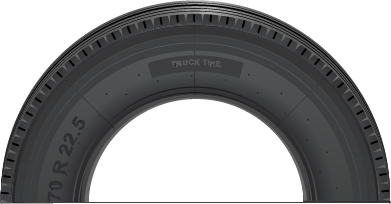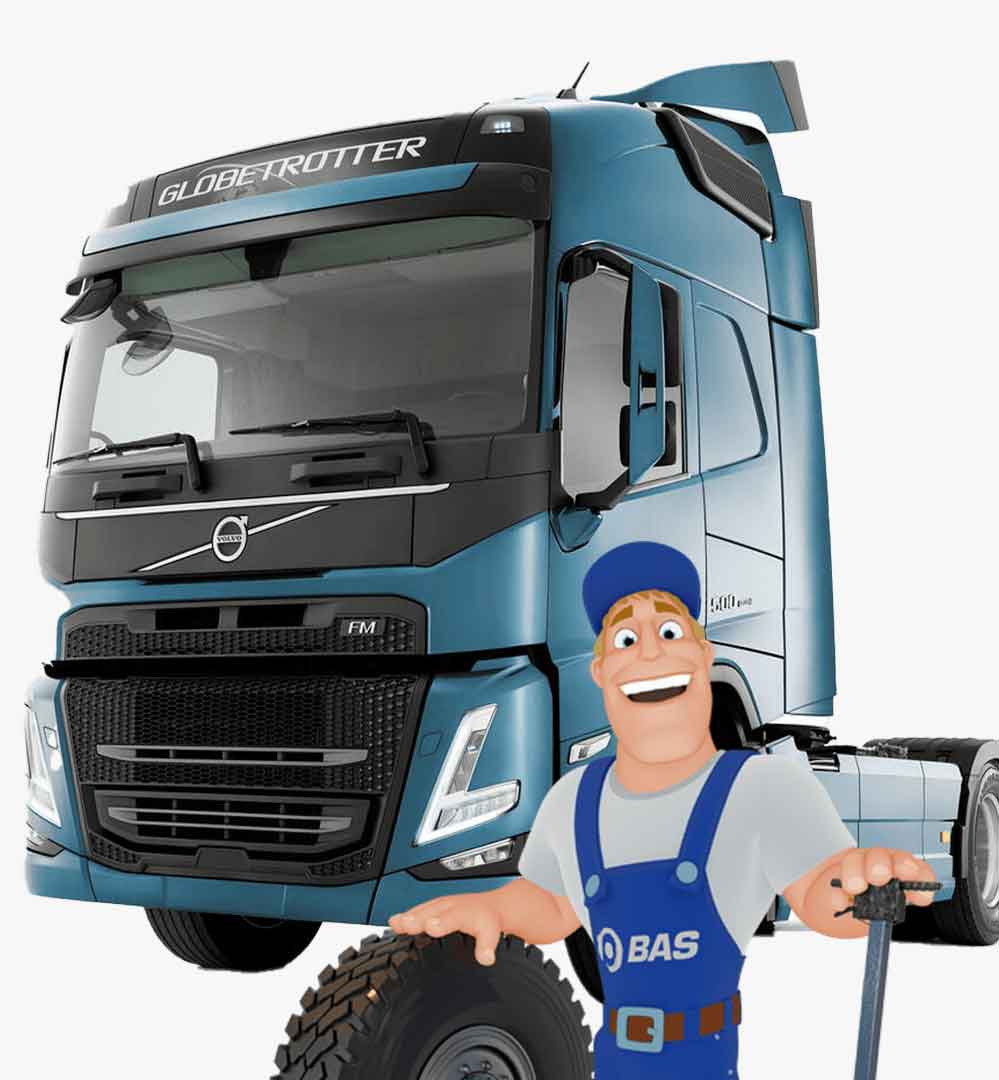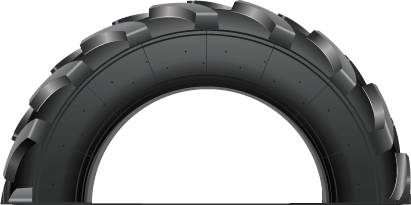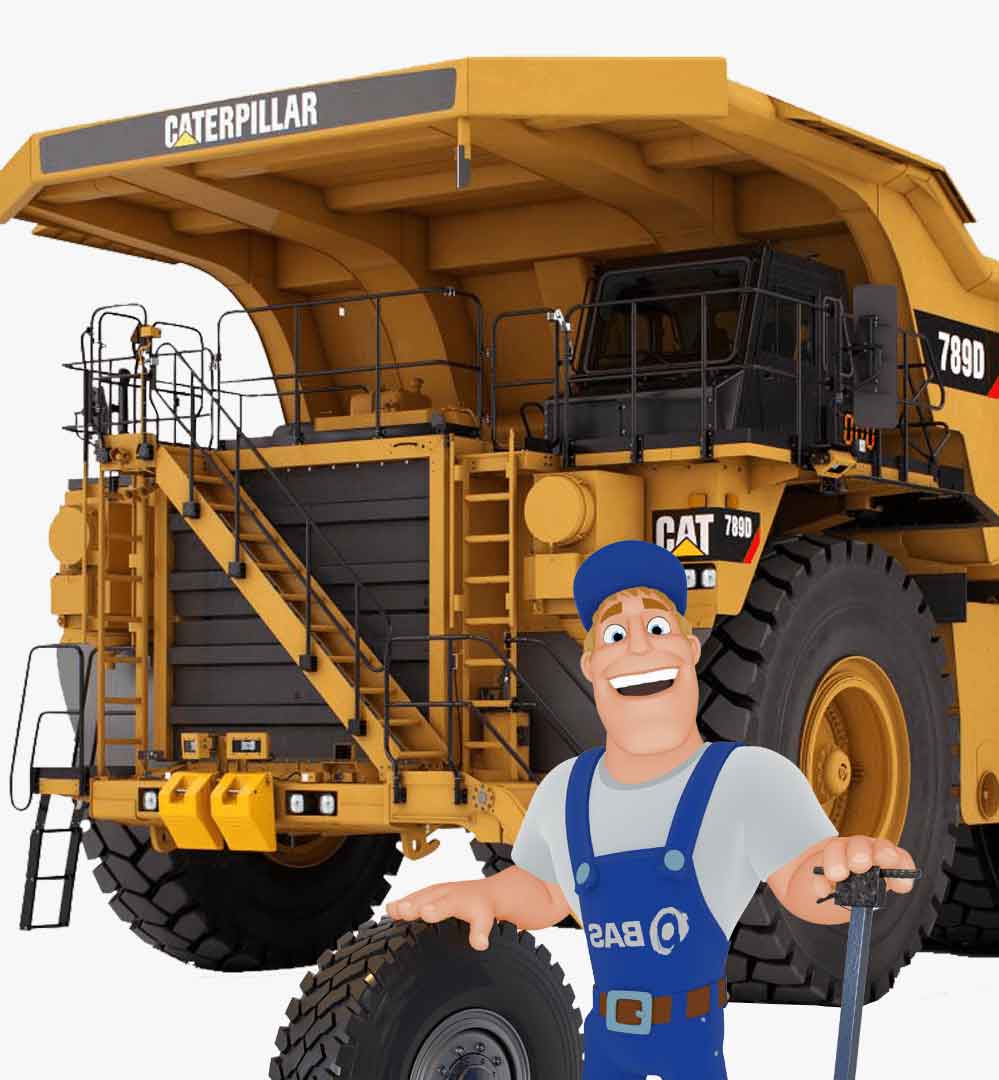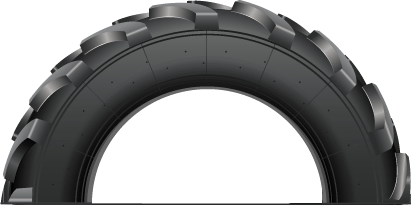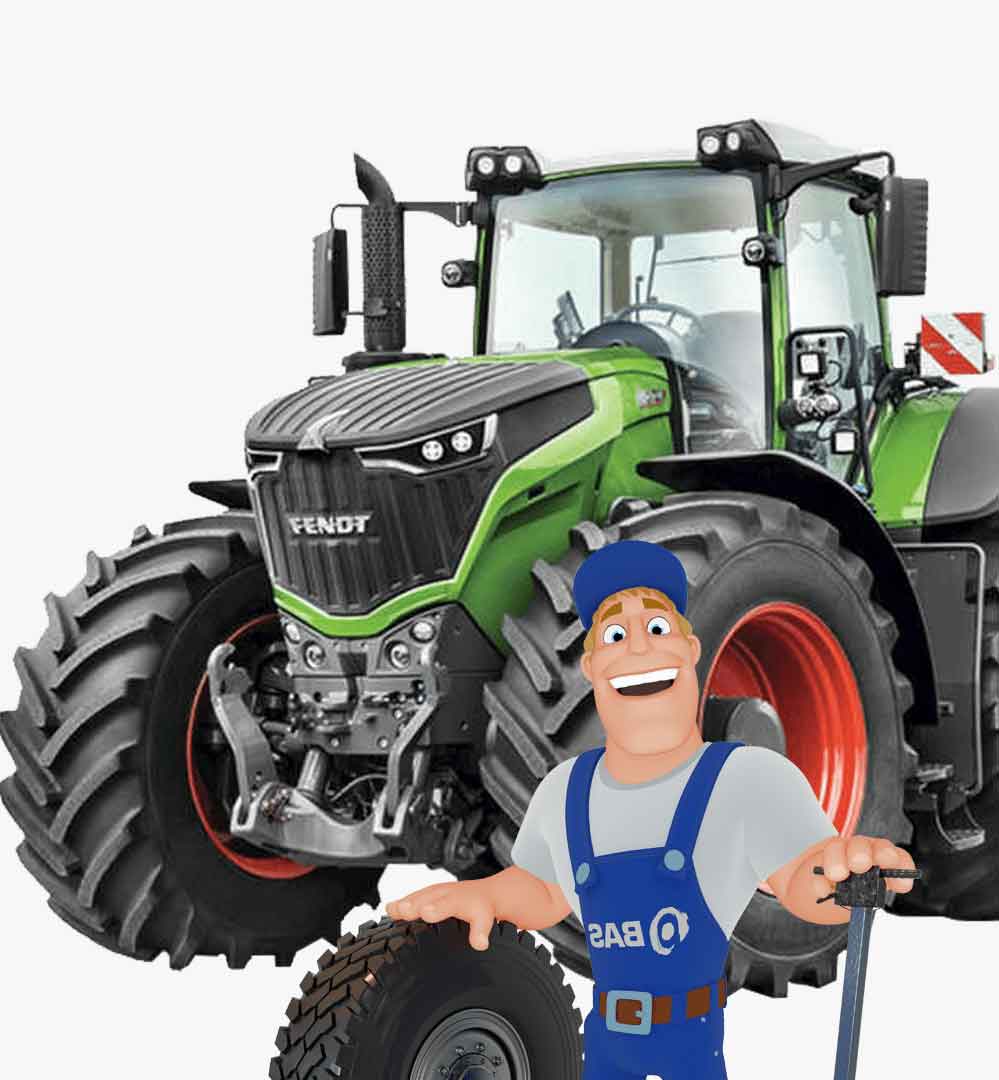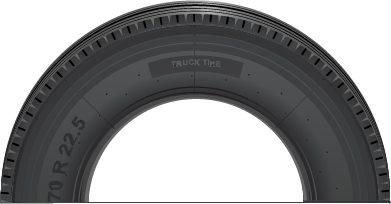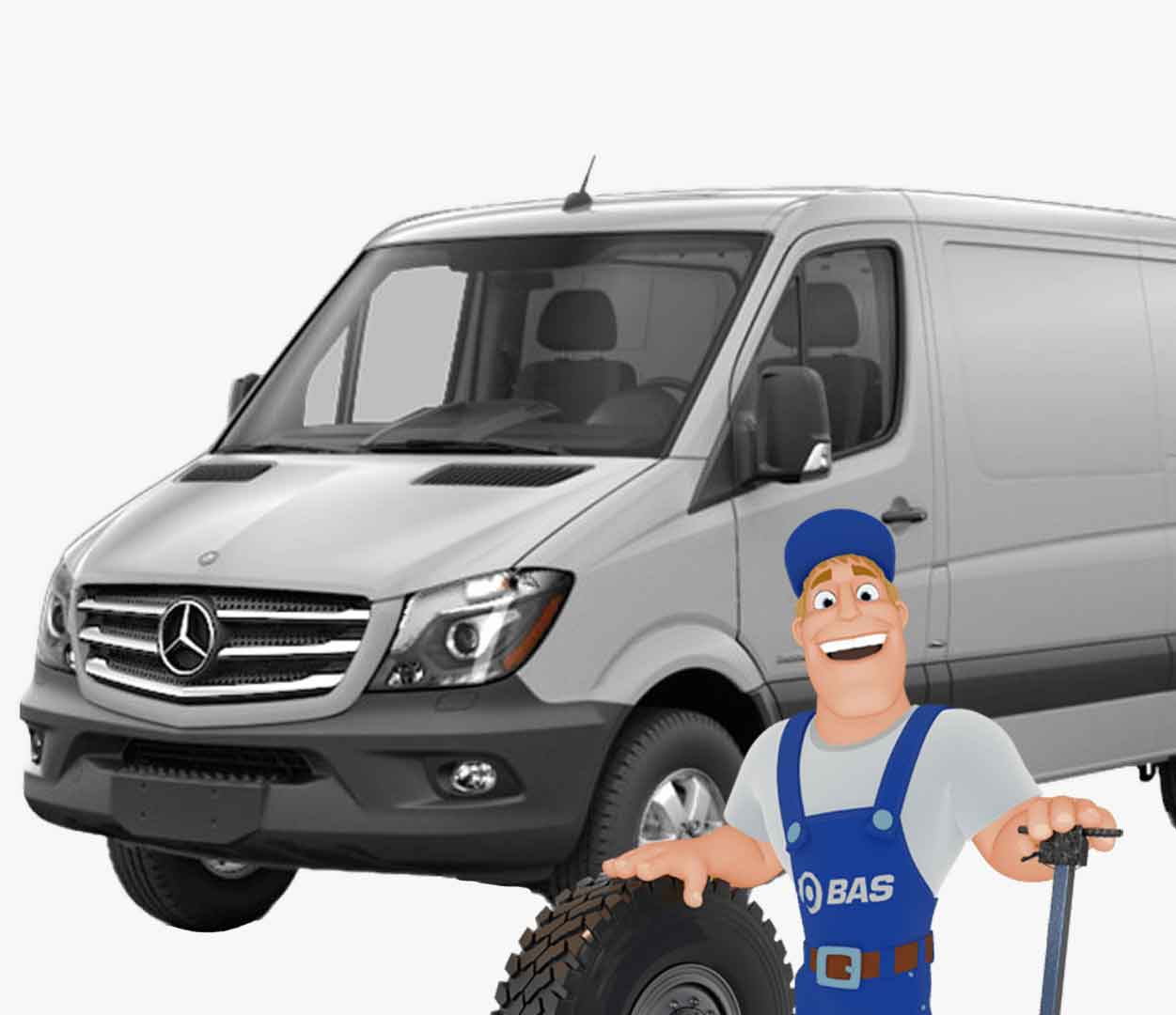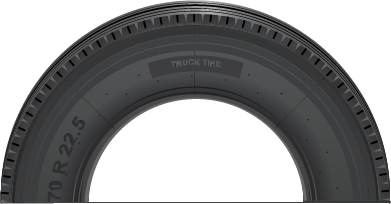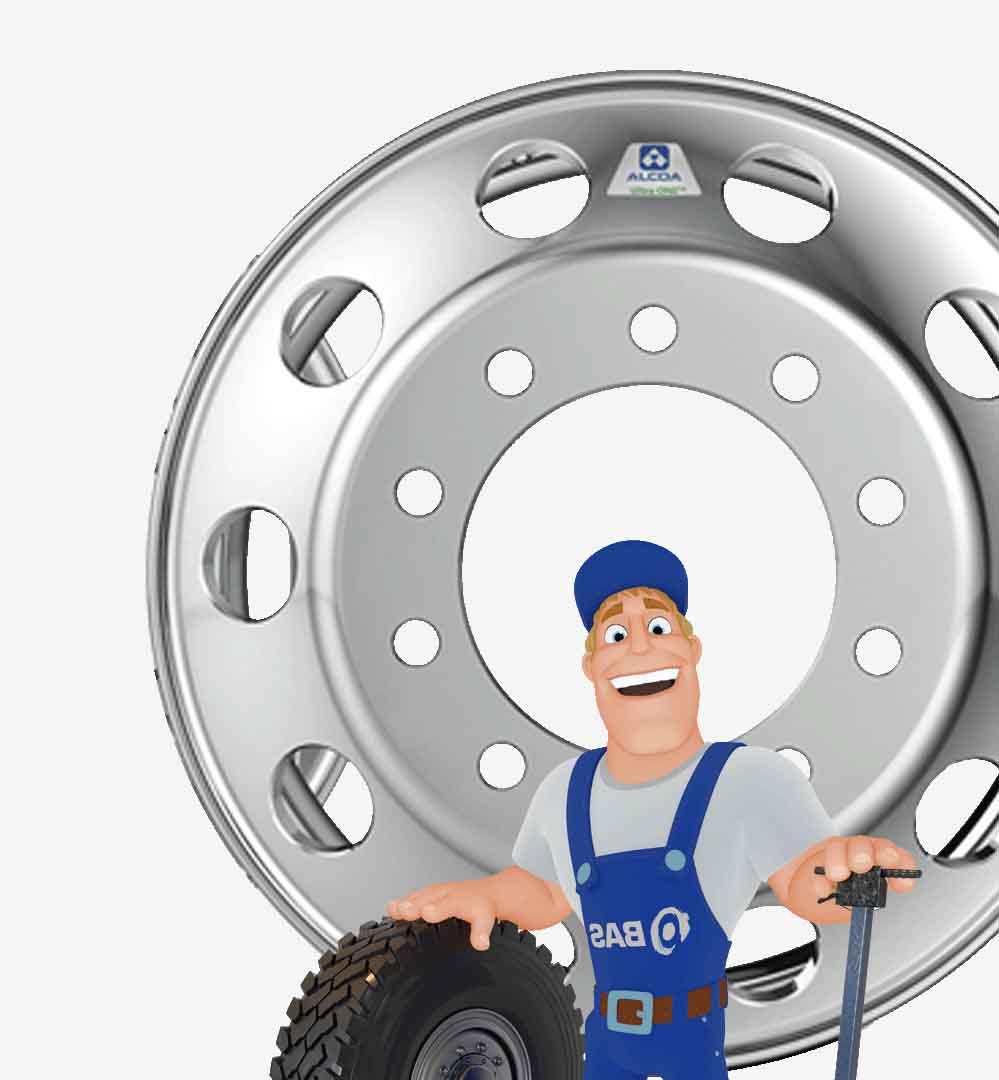The ideal tyre pressure for a truck
Driving with the correct tyre pressure is essential to ensure optimum performance of the truck or bus tyre. In addition, extremely low or high tyre pressure can lead to dangerous situations. But what is the correct tyre pressure?
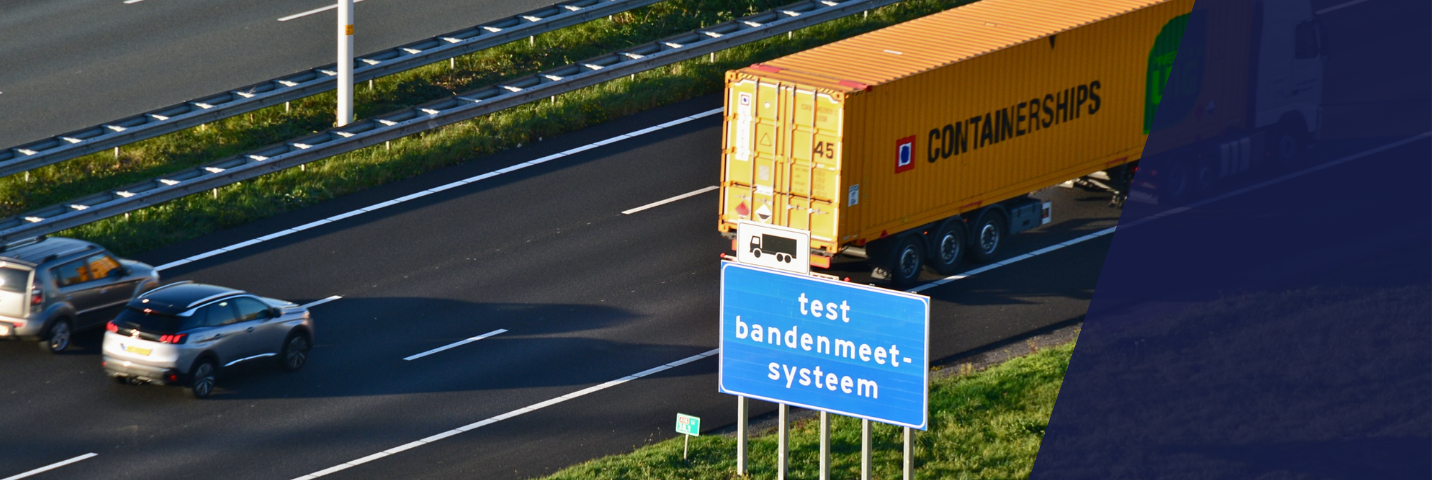

Maximum load or not?
The tricky aspect of advice on tyre pressure for trucks is the load. After all, there is a substantial difference between the perfect tyre pressure of a fully loaded truck or a truck that is on the road with little or no weight.
Tyre that is too soft
The danger of a tyre pressure that is too low, also known as underinflation, is a greater chance of a blowout. As a rule, a truck tyre needs about 8 to 9 bar air pressure. The lower the tyre pressure, the faster the tyre heats up and the more likely it is to burst.
Low tyre pressure also results in higher rolling resistance, which has a major impact on the fuel consumption of the truck. Michelin even states that 1.5 bar too little pressure results in a 10% loss of performance. Continental and Barum have calculated that using the correct tyre pressure can lead to annual savings of €1,500* per vehicle.
*Continental savings based on 4x2 tractor unit with tri-axle trailer covering 150,000 km. Correct tire pressure compared to 15% underinflation.
Overinflated
So more air is better? Not entirely, too much air pressure also creates unsafe situations. Excessive tyre pressure, also known as overinflation, also increases the risk of a blowout. In addition, the tyre will bulge, which will reduce traction and cause uneven wear of the tread. This shortens the life of the tyre considerably.
What tyre pressure should I use?
Okay, so not too much and not too little. But what is the correct tyre pressure? Unfortunately, this is not fixed number and differs per tyre and application. Many truck tyres will indicate 8 to 9 bar. However, we advise everyone to consult the usage table of the tyre and brand in question. As indicated above, it certainly differs how many tons will be transported. If you mainly transport full loads with maximum permissible loading weight, you will have to use a different tyre pressure than if you mainly transport light loads.
If you are looking for personal advice about which tyre pressure to use, we are happy to help you! Contact us here. Our tyre specialists can also help you choose the right tyre for the right price.
Checking the tyres
In addition to using the correct tyre pressure, it is also extremely important that the tyres are checked regularly. Not only for visual imperfections, but certainly also the air pressure will have to be measured. Every tyre is slowly deflating. When the tyre and rim are perfect, this will go very slowly. But there are also tyres that lose pressure somewhat faster. Regular check ups therefore prevent unsafe situations, unnecessarily high fuel consumption, downtime and tyre wear.
Contact
Want to know more? Contact our employees via +31 413 371 104. You can also e-mail them at info@bastyres.com or fill in a contact form.

 Deutsch
Deutsch  Français
Français  Italiano
Italiano  Nederlands
Nederlands  Română
Română  български
български 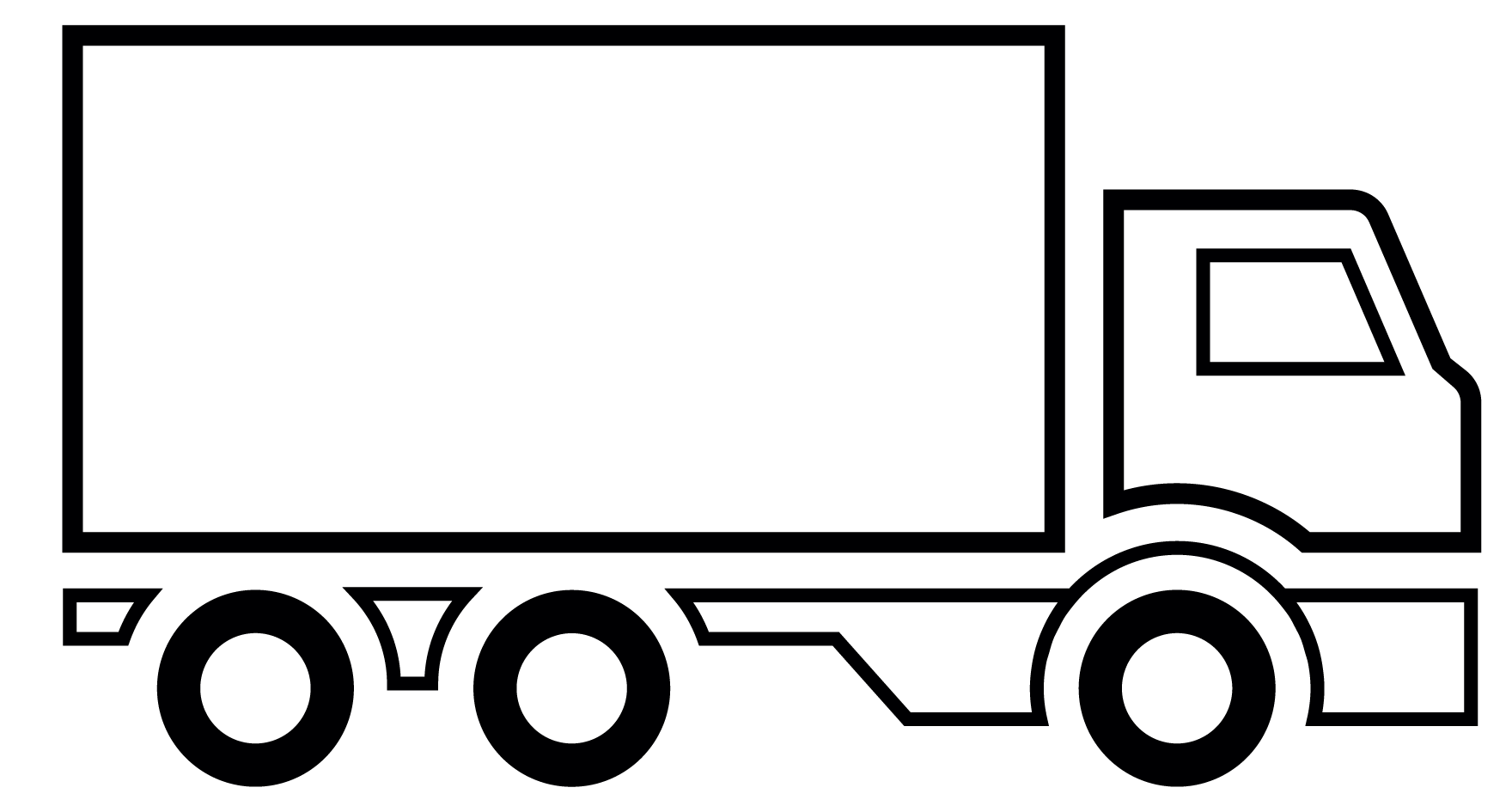 Truck Tyres
Truck Tyres  Earth Mover Tyres
Earth Mover Tyres 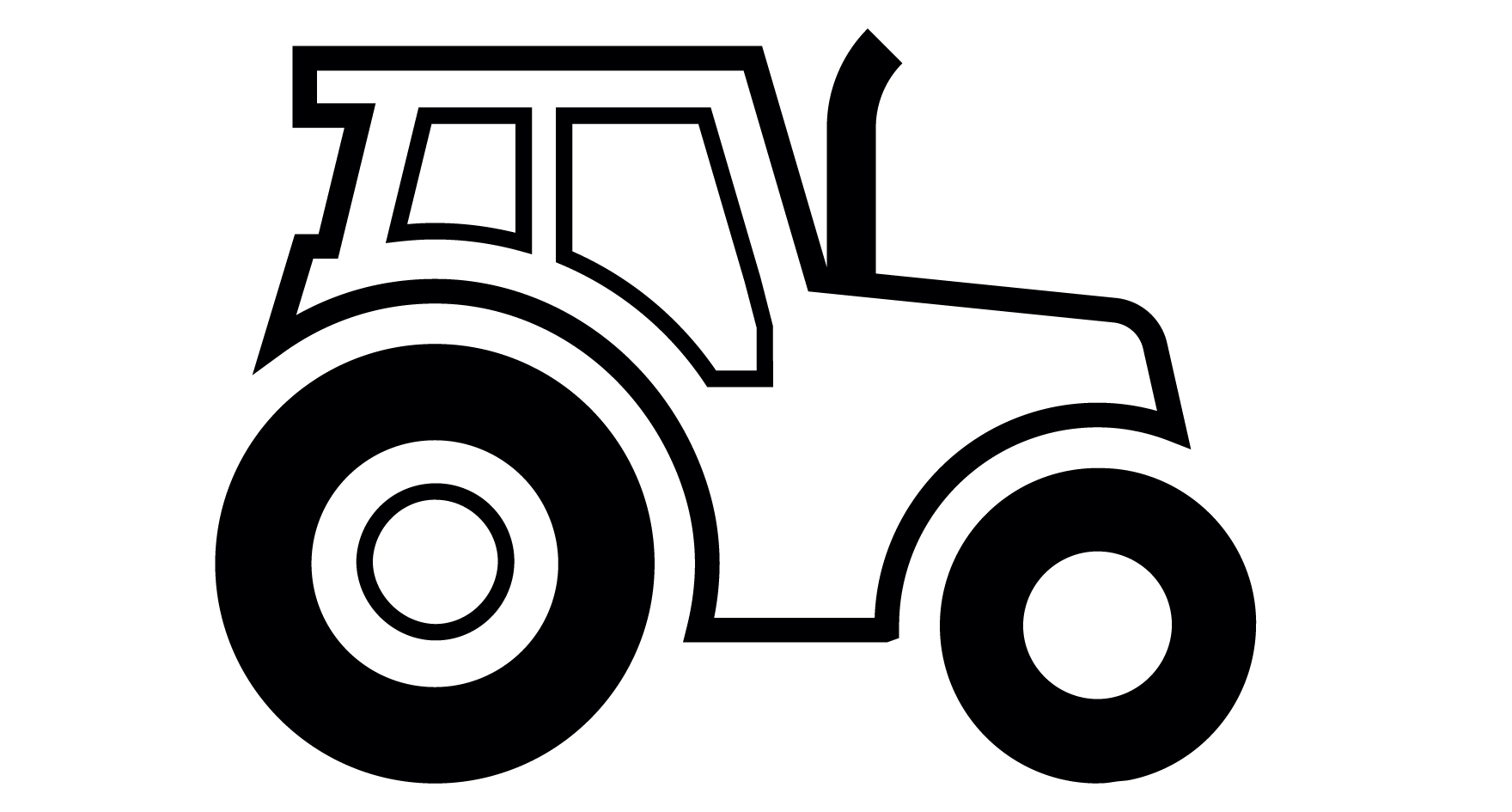 Agricultural Tyres
Agricultural Tyres 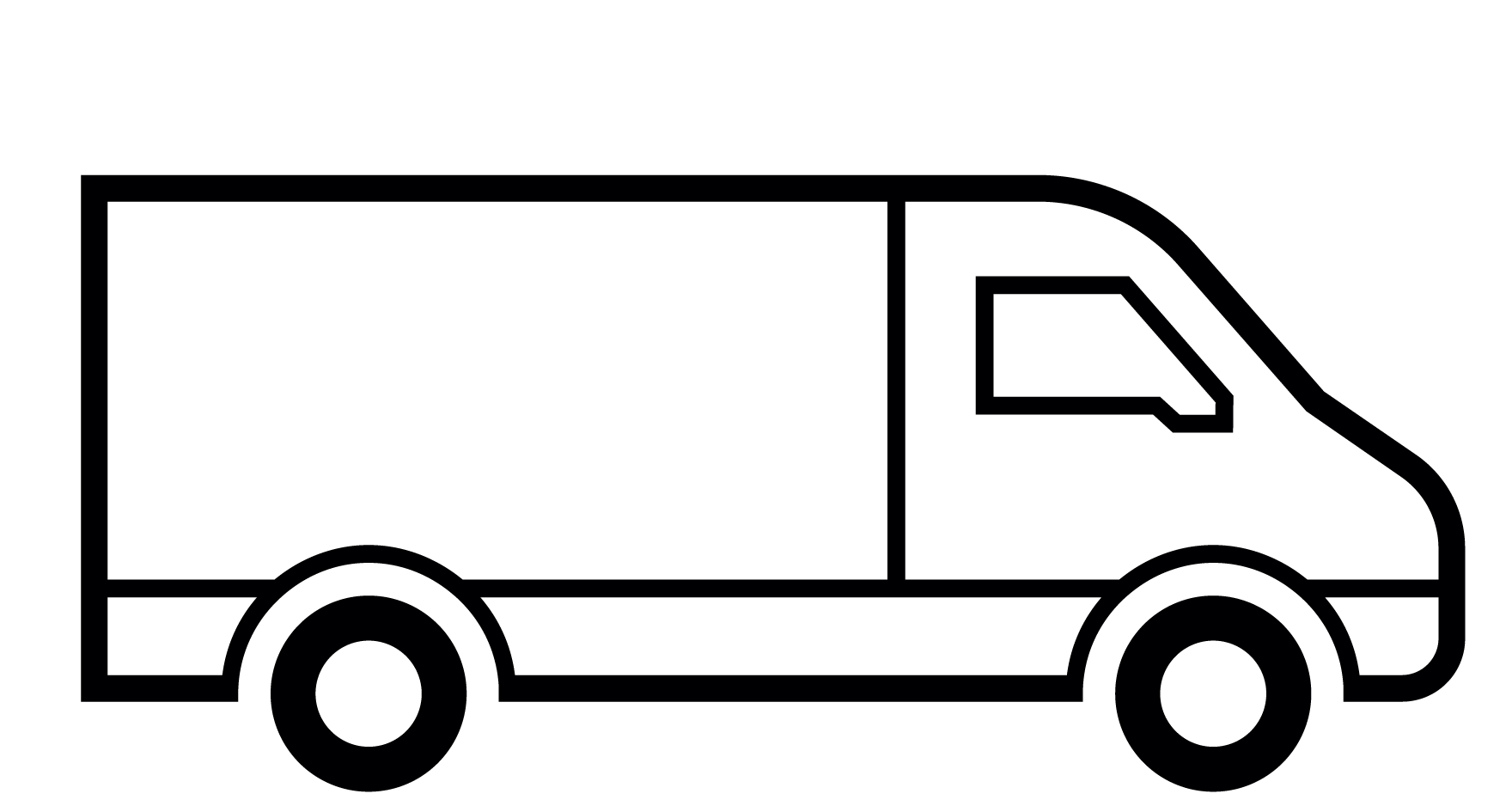 Van Tyres
Van Tyres  Used Tyres
Used Tyres 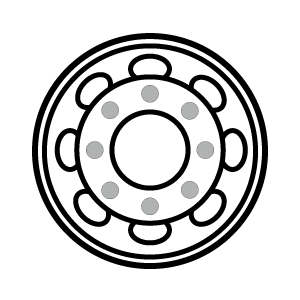 Rims
Rims 